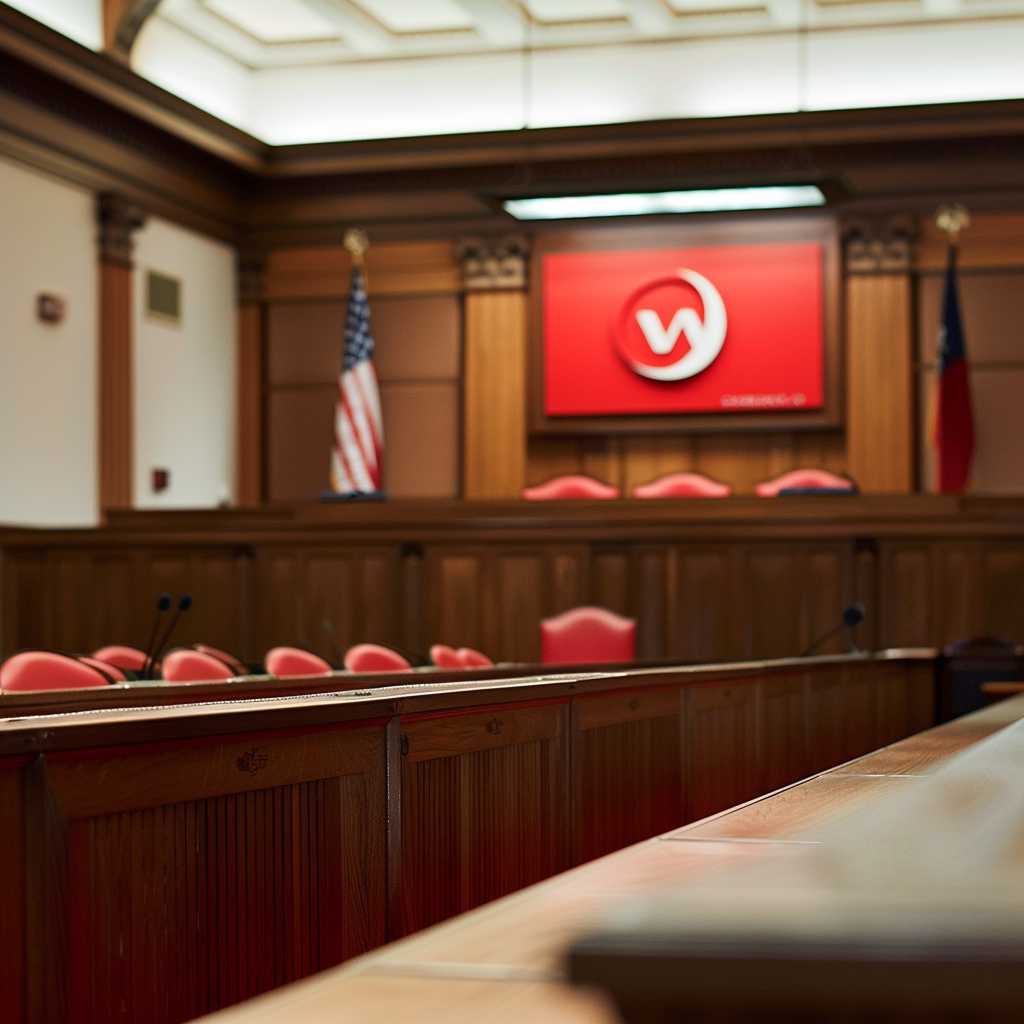The Rise and Fall of Wireless Woes: Verizon Wireless’s Class Action Lawsuit Explained
Verizon Wireless, renowned as one of the largest telecommunications companies in the United States, has faced several class-action lawsuits over the years. These cases often stem from customer grievances concerning billing practices, contract disputes, throttled data speeds, and issues regarding the service provided.
Background of Verizon Wireless Class Action Lawsuits
Class-action lawsuits are legal actions brought against a defendant by one or more plaintiffs on behalf of a larger group who share the same or similar damages caused by the defendant’s actions. In the case of Verizon Wireless, such lawsuits typically represent a significant number of customers who are collectively seeking remedies for alleged wrongdoings they experienced while receiving the company’s wireless services.
Nature of Allegations in Class Action Suits
In previous class action cases against Verizon Wireless, common grievances have included allegations of imposing unfair contract termination fees, overcharging customers, failing to provide advertised rebates, unlawfully denying employee benefits, as well as incorrectly billing for third-party services that customers did not authorize.
These cases highlight ongoing concerns about transparency, customer service, and fairness in both billing policies and contractual obligations within the telecommunications industry.
The Complexities of Telecom Class Actions
A class-action lawsuit can be an extensive and complicated affair. It is often involving significant investigatory periods which require the examination of extensive company records at individual and collective levels. Both sides may enlist telecom industry experts and require mediation measures to avoid prolonging the litigation process through trial. Considering these complexities, many cases are resolved via strategic settlements.
Verizon’s Responses and Legal Strategies
Verizon Wireless has historically responded to class-action suits with a variety of legal strategies, such as motions to dismiss claims entirely or to force individual arbitration—which are intended to minimize legal liability but also have the potential to limit class members’ abilities to pursue collective action against the company.
Additionally, Verizon may engage in settlement negotiation processes to preempt lengthy court battles that incur high litigation expenses for both parties. Notably, some previous settlements have resulted in changes to business practices, suggested policy updates aimed at better serving customers, or financial compensation for affected consumers.
Consumer Reaction and Public Relations Impact
Public knowledge of a class action lawsuit can significantly affect consumer perception of a brand like Verizon Wireless. The impact can be multidimensional—while some customers may feel vindicated for their claims upon learning of a successful suit, others might perceive the company negatively due to media coverage of the situation.
Verizon’s proactive measures in customer service excellence and subsequent legal updates following lawsuit proceedings are crucial in retaining customer loyalty and managing its reputation.
